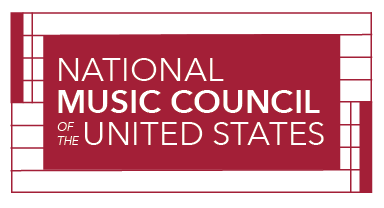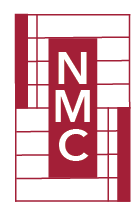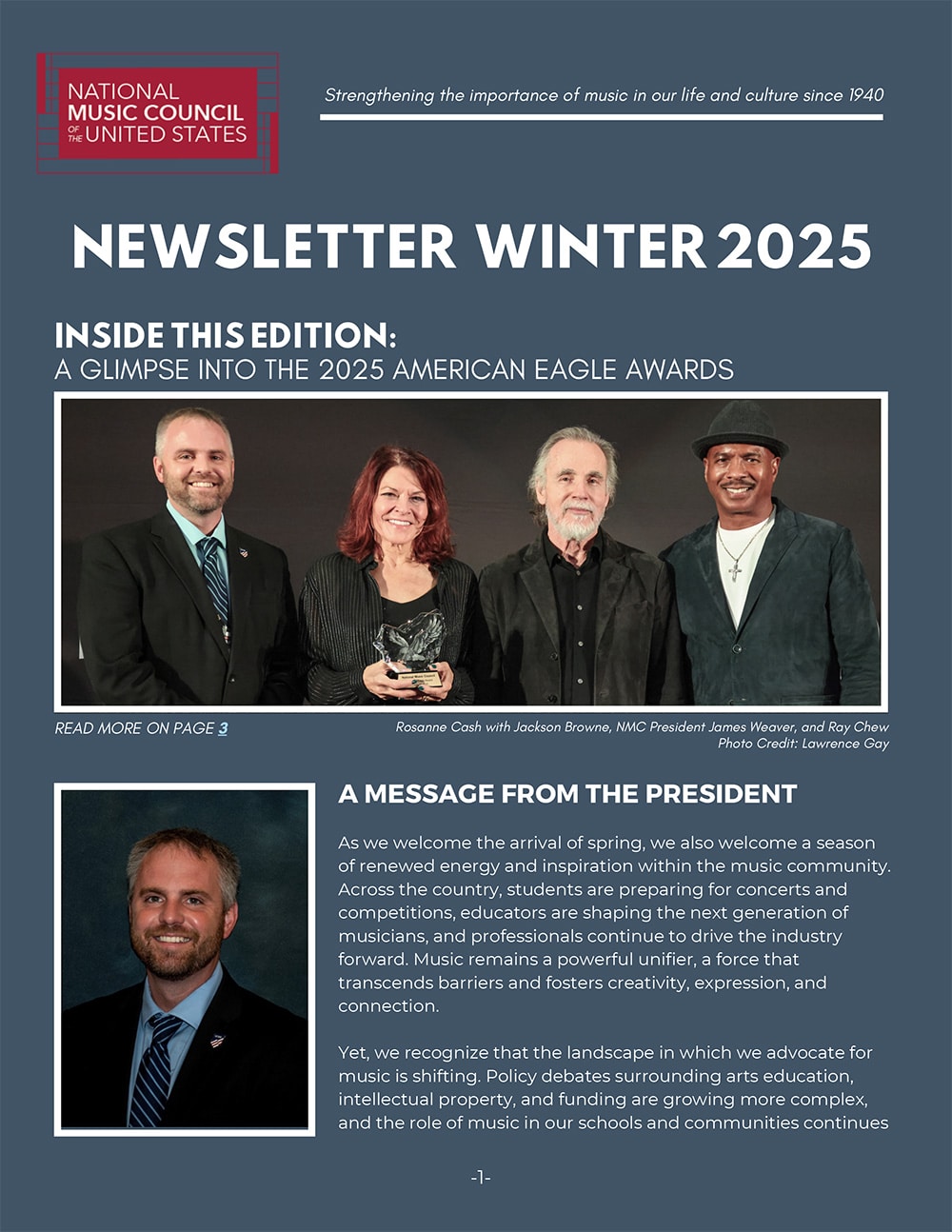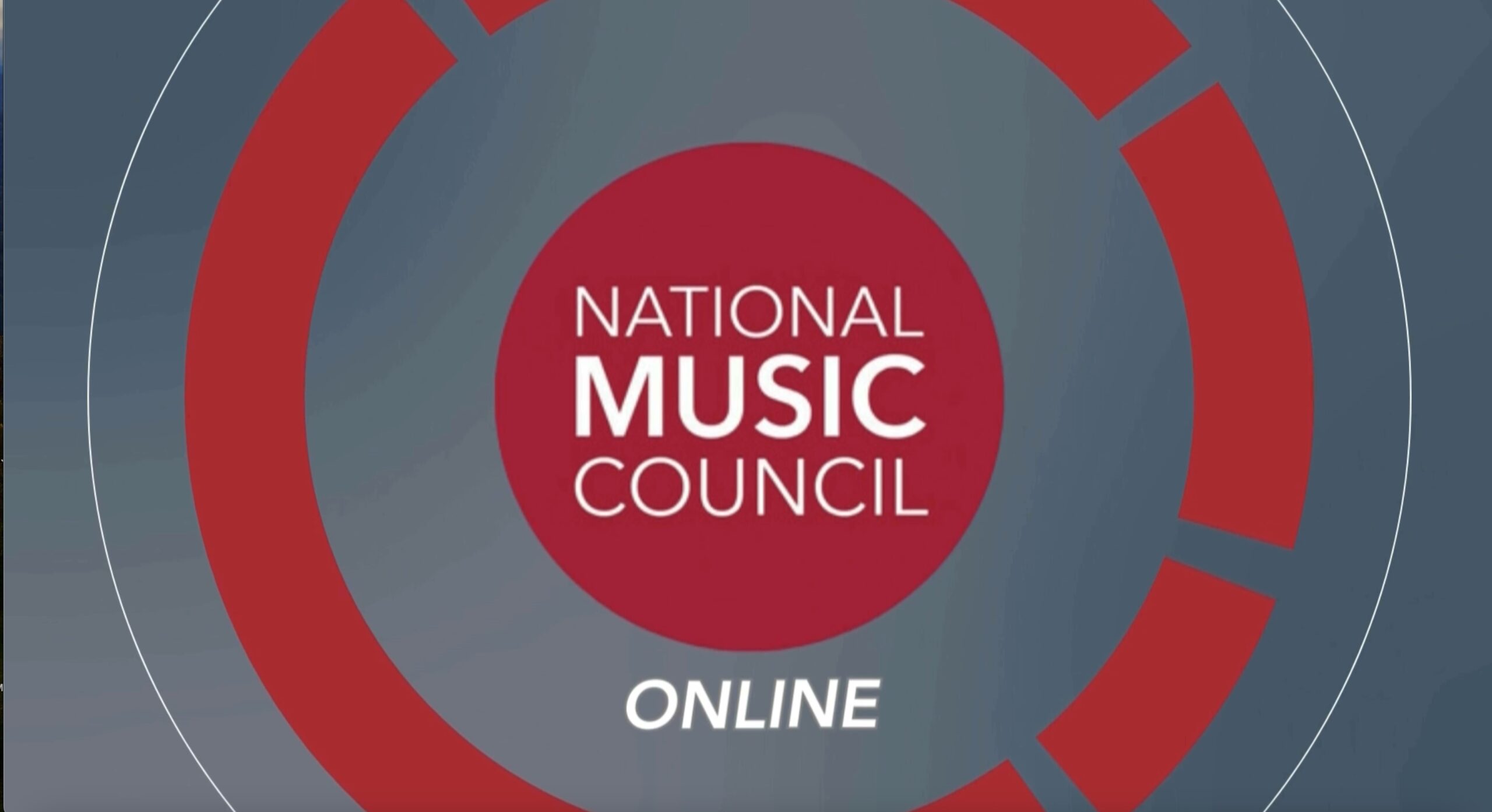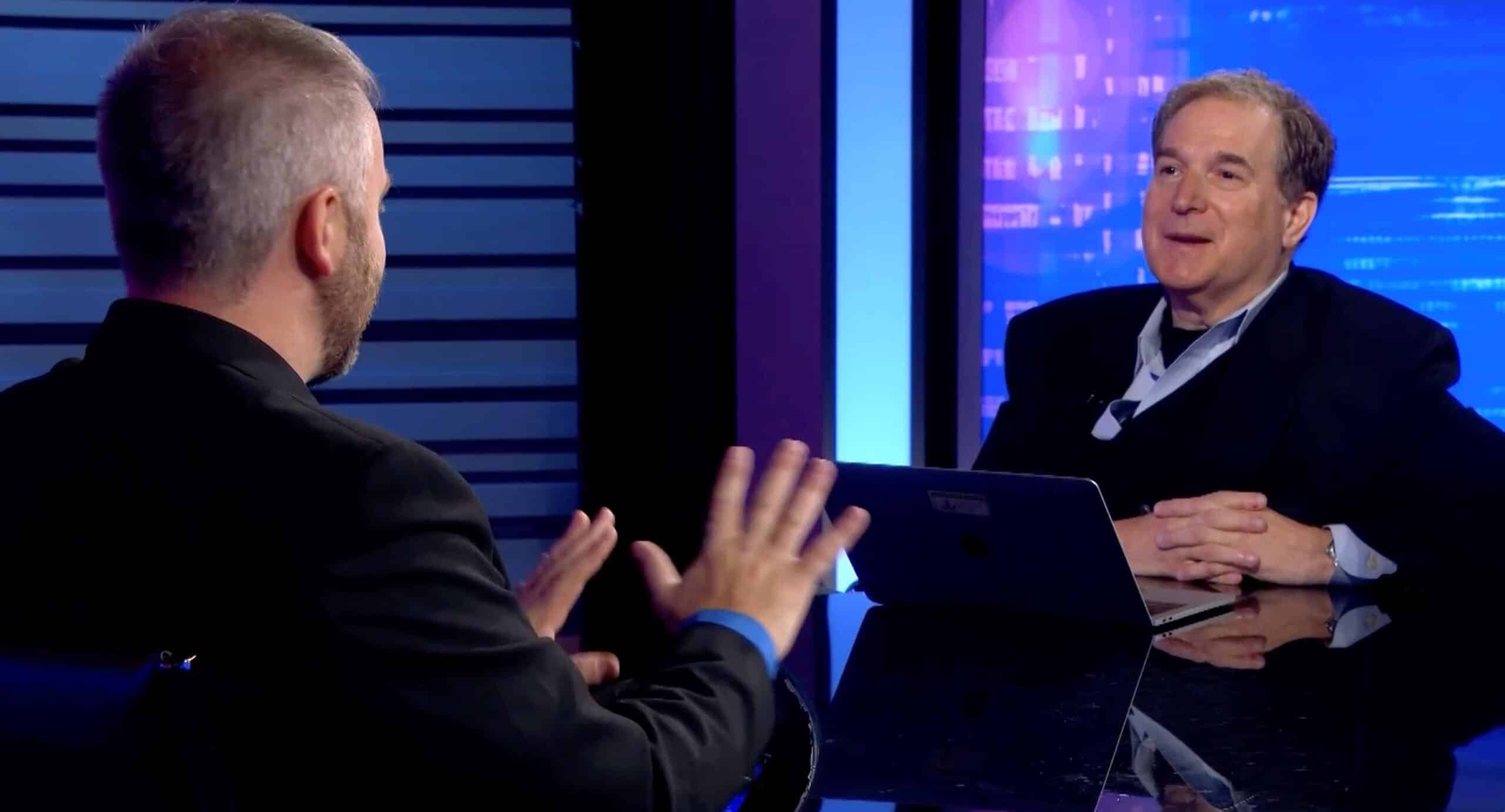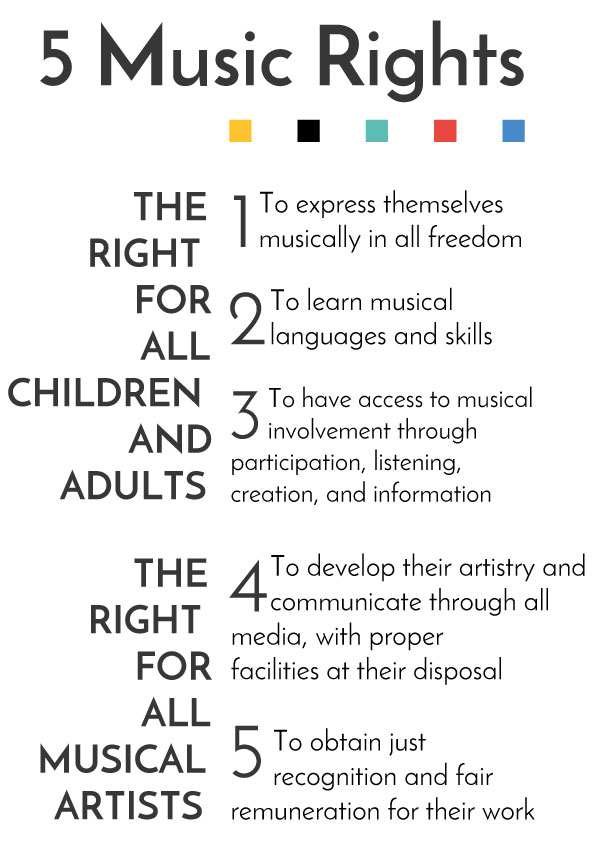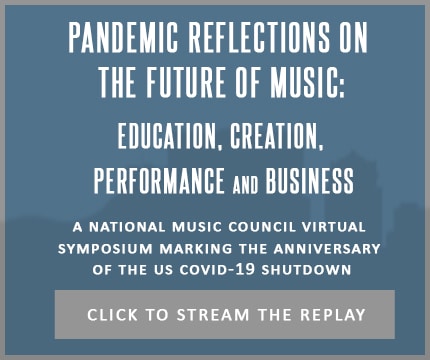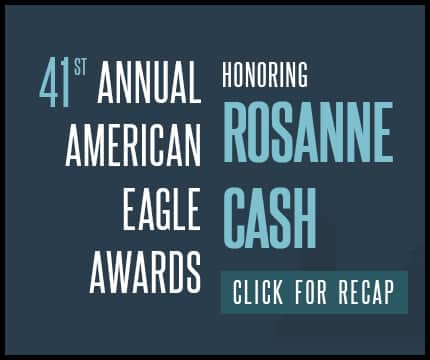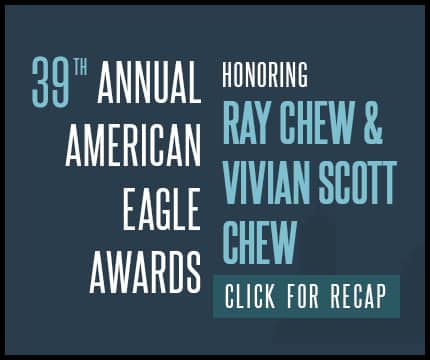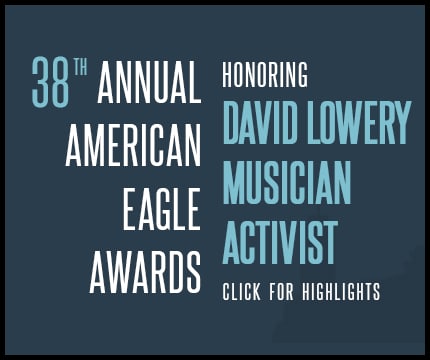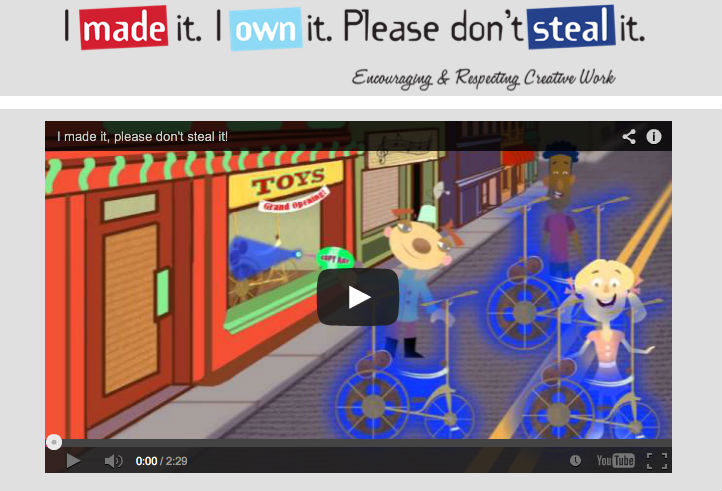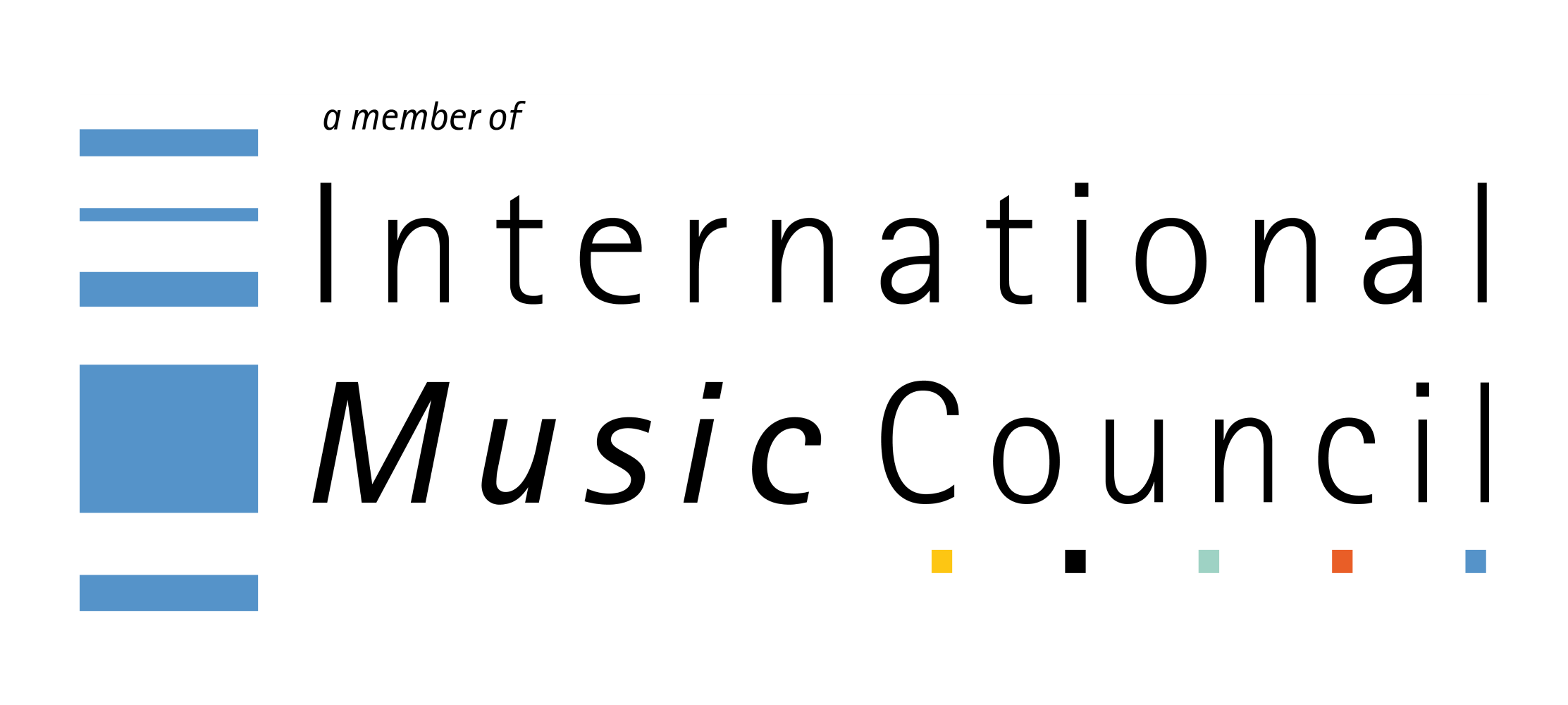Statement of Support by the Music Education Policy Roundtable On the Every Student Succeeds Act of 2015
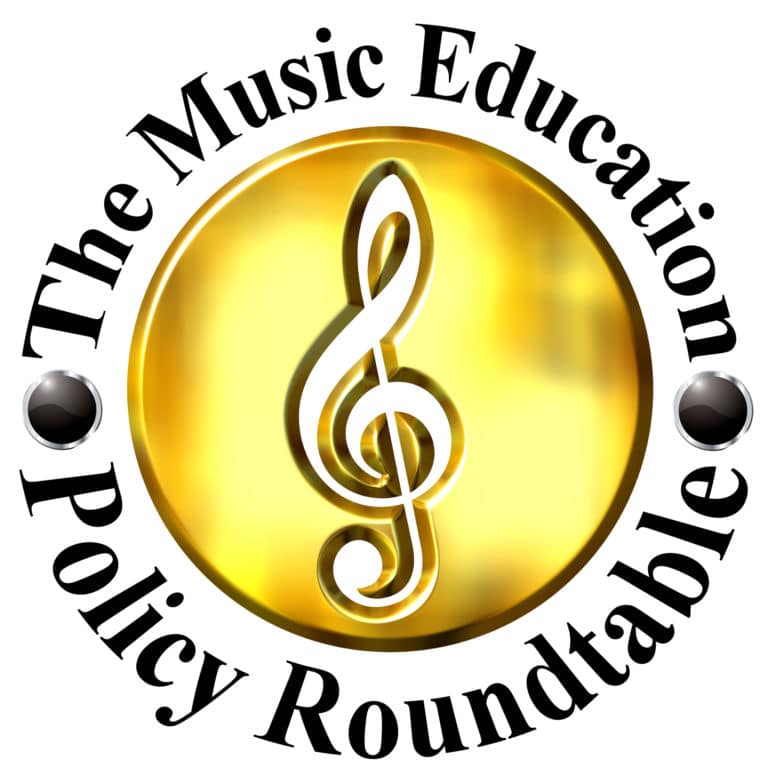
1. Statement by the Music Education Policy Roundtable
On the Every Student Succeeds Act of 2015
Late last year, Congress reached a compromise agreement to reauthorize the Elementary and Secondary Education Act (ESEA). The compromise bill, S. 1177, also known as the “Every Student Succeeds Act,” includes “music” and “arts” as part of the new “Well-Rounded Education” provision (previously known as “Core Academic Subjects”), which provides a number of increased opportunities for access to music education. The Music Education Policy Roundtable, music education’s premier policy coalition dedicated to ensuring the presence and preservation of school music programs, is issuing its full and formal support for S. 1177.
The bill’s inclusion of “music” and “arts” in the “Well-Rounded Education” provision provides an unprecedented step forward for music education, as it connects to a variety of significant other provisions in S. 1177:
Title I: S. 1177 stipulates the eligibility of Title I funds for all “Well-Rounded Education” subjects. With the partnership of State and Local Educational Agencies (LEAs), we have the opportunity to bolster access to a “Well-Rounded” education that includes music and arts for the nation’s most disadvantaged students.
Protecting Students’ Class Time: The inclusion of “music” and “arts” gives stakeholders a stronger point of reference when advocating for these programs, and when building state-level curricula and accountability systems. S. 1177 includes protection for students struggling in other academic areas from being pulled from music and arts courses in favor of remedial education. The bill emphasizes the importance of classroom time within these courses, as opposed to stripping them of an equally meaningful learning opportunity.
Title IV: S. 1177 requires school districts (Local Educational Agencies) to undertake a needs assessment of how they are supporting a well-rounded education in their schools, including music education, and then provides supplemental funding to strengthen programs which need assistance. This additional support signals Congress’ belief in the importance of a well-rounded education for our nation’s students, including the study of music.
2. Federal Grant Opportunities
S. 1177 also includes new opportunities for music and arts education through formula funding grants in Title IV. States receiving formula grants must use those monies for purposes of carrying out particular State Activities, including offering “Well-Rounded” educational experiences, such as music, to underrepresented, disadvantaged, or minority students. The bill specifically notes activities and programs in “music” and “arts” are both appropriate uses of formula grants.
The Music Education Policy Roundtable would like to take this opportunity to commend the members of the ESEA conference committee, and the leadership of both the House Education and the Workforce Committee and the Senate Health, Education, Labor, and Pensions Committee, for prioritizing music and arts programs in this legislation. The passage of this bipartisan bill will be a historic accomplishment and will provide access to the well-rounded education our students need for success. We urge other members of Congress to follow their colleagues and vote in support of S. 1177, the “Every Student Succeeds Act.” We are available to provide any resources that may be helpful in your upcoming discourse.
Thank you for your consideration and your service to our nation.
Sincerely,
The Music Education Policy Roundtable
|
American String Teachers Association National Association for Music Education American Choral Directors Association American Orff-Schulwerk Association American School Band Directors Association Barbershop Harmony Society Chorus America College Band Directors National Association Drum Corps International Education Through Music El Sistema USA: A National Alliance of El Sistema The Gordon Institute for Music Learning Guitar and Accessories Marketing Association, Inc. |
GRAMMY Foundation Jazz at Lincoln Center League of American Orchestras Little Kids Rock Music for All Music Publishers Association Music Teachers National Association National Association of Music Merchants National Association of Music Parents National Music Council Organization of American Kodály Educators Percussive Arts Society Phi Mu Alpha Sinfonia Quadrant Arts Education Research The Recording Academy Strathmore Hall Foundation VH1 Save The Music Foundation Winter Guard International |
Every Student Succeeds Act (ESSA)
Non-Regulatory Guidance and Reporting Requests
Title I
DISAGGREGATED DATA ON MUSIC TEACHERS: We request that as part of the criteria for State plans and the annual State report card to the Secretary requiring reporting on educators teaching out of their credentialed areas, ED require this information to be broken down for all teachers of a Well-Rounded Education. (Sections 1005 and 1111)
STATE ACCOUNTABILITY FORMULAS: We request that as part of a State’s new accountability formula, States be encouraged to include access to and student participation levels in music education as an “other indicator determined by the State.” (Section 1005)
TARGETED ASSISTANCE PROGRAMS: We request that federal guidance on Targeted Assistance Programs include examples of how music and arts programs can be utilized to help children meet challenging State academic standards. (Section 1009)
PARENT AND FAMILY ENGAGEMENT: We request that federal guidance on Parent and Family Engagement include examples of how music and the arts support and contribute to parental and family engagement. (Section 1010)
Title II
MENTORING: We request that as part of allowable state activities for mentoring new teachers, further guidance be provided to clarify that funds may be used for teachers of well-rounded subjects. (Section 2101)
Title IV
STATE AND LOCAL ACTIVITIES: We request that as part of State use of funds for 21st century schools, ED require that the Consolidated State Progress Report on State- and LEA-funded activities break out the well-rounded educational activities by subject area, to include music education. (Sections 4104 and 4106)
21ST-CENTURY COMMUNITY LEARNING CENTERS: We request that ED provide guidance language that includes examples of how music and arts can be offered in after-school programs, and that clarifies that these programs should not replace existing music and arts programs during the school day but are intended to provide additional access for music after or before school. (Section 4201)
CHARTER SCHOOL GRANTS: We request that ED include all definitions
img.wp-post-image {display:none !important;}
